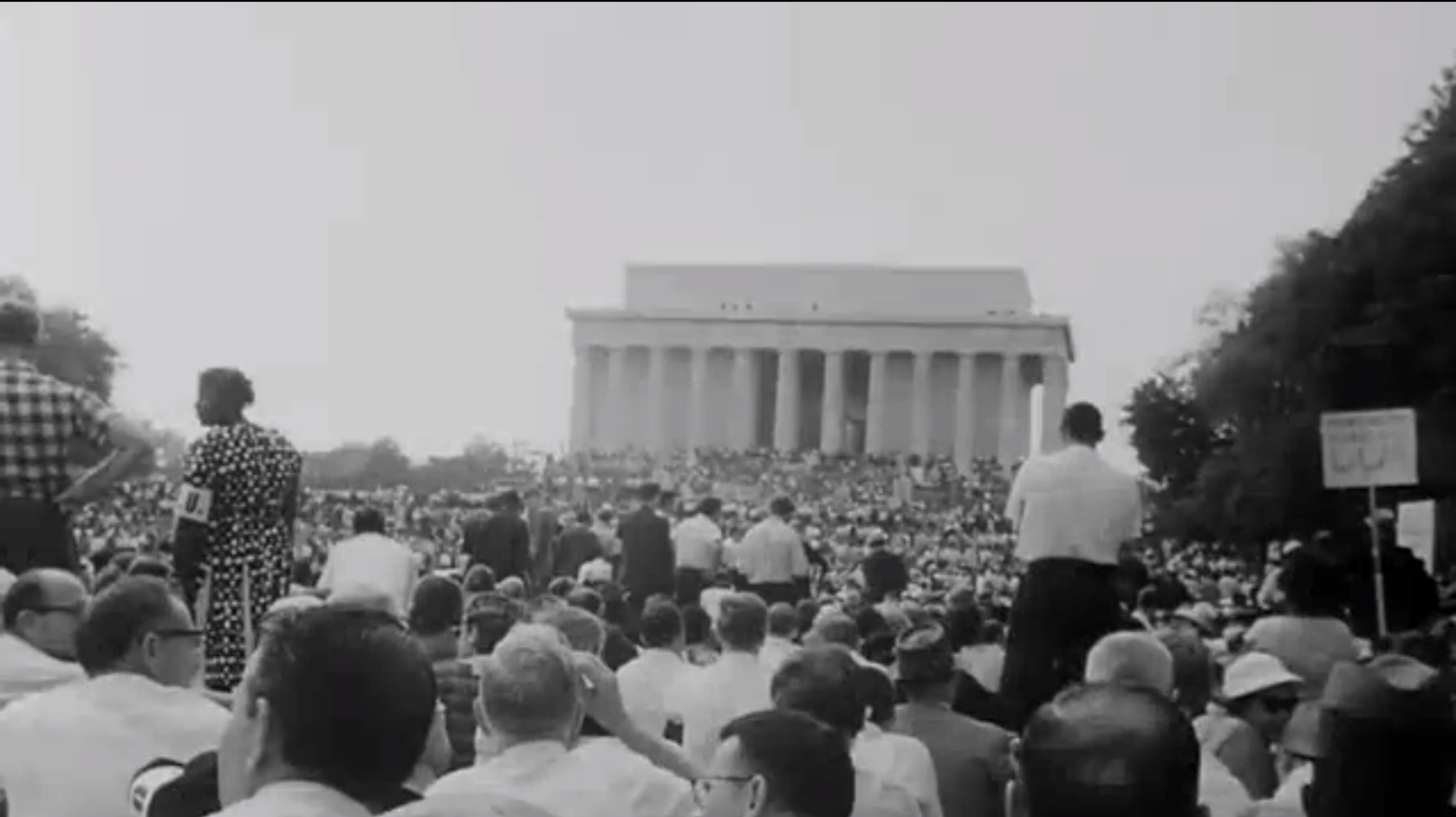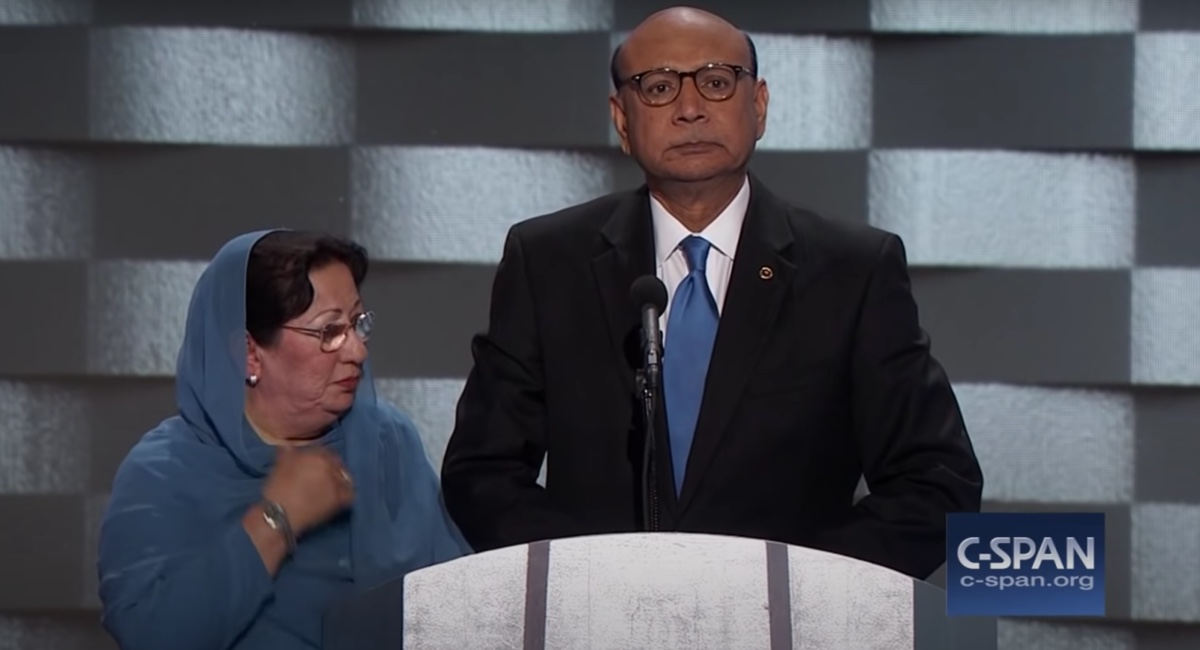VHP’s Communal Plans Checked In UP
By Nilofar Suhrawardy, Muslim Media News Service (MMNS) India correspondent
NEW DELHI/FAIZABAD: Inciting communal fire over the controversial Ayodhya issue is no more as simple a game as it seemed earlier for extremist elements responsible for demolition of Babari Masjid (Ayodhya, Uttar Pradesh) on December 6, 1992. Rather than remain a mute spectator to attempts made by Vishwa Hindu Parishad (VHP) leaders to provoke communal tension in twin cities of Ayodhya-Faizabad, the local court and police have taken action against them. The police arrested Gyan Kesarwani, vice president of VHP’s area unit and Ashok Kumar Gupta, a local VHP leader active in Ayodhya and Faizabad on October 2. Over the last two years, during Dussehra and Durga Puja festival season, Kesarwani and other extremists were trying to create communal tension that may lead to communal riots in the sensitive area, Senior Superintendent of Police (Faizabad) RKS Rathore said.
“Last year and this year, during Ram Baraat, Ram Vivaah and Dusshera ceremonies they tried to create communal riot by keeping peaces of meat on the way of the passing procession,†Rathore said. In a bid to fuel Hindu-Muslim communal clashes, this time Kesarwani and Gupta incited some anti-social elements to attack a Muslim-dominated locality. They attacked shops of minority community and communally abused them to create a riot type of situation, police sources said.
Investigating Officer O.P. Singh told the local Faizabad court that Kesarwani and Gupta were running a gang, which was involved in criminal activities particularly during the festival season. Additional District Judge R.S. Yadav ordered framing of charges under the Gangster Act against the two VHP leaders (October 8).
The Faizabad court’s decision together with the role of police in framing charges against VHP leaders certainly indicates that the authorities cannot be blamed for turning a blind eye to criminal and/or communal activities the Hindu extremists are engaged in. Besides, while extremist elements associated with saffron brigade are still hopeful of inciting communal passion across the country over the Ayodhya-issue, clearly it is no more an easy task for them. One, the common Hindus and Muslims seem to be in no mood to be taken for a ride and be incited towards communal violence, which only spell loss of lives and economic damage for them. Secondly, the local political leaders have finally accepted the reality that ignoring such moves and allowing communal fire to pick up would spell political loss for them in future elections. The political loss suffered by Bharatiya Janata Party (BJP) in the national parliamentary elections in 2009 and earlier in 2004, clearly signaled that the country did not want to see a repeat of Gujarat –carnage (2002) in any part of the country.
Amid this backdrop, it is not surprising that the VHP has this year decided to cancel “shila pujan†program, which was earlier scheduled to be held in the coming month to mark the 20th year of Ram temple movement. The three-day gathering of VHP activists was scheduled for November 9, 10 and 11. The decision to cancel the program was taken after a joint meeting of VHP chief Ashok Singhal and Mahant Gyan Das, the national convener of Dharam Rakcha Manch (religion defense forum), VHP’s local spokesman Sharad Sharma said (October 9). The program would be held a year later at a national level. It has been delayed, according to VHP media-in-charge Sharad Yadav, due to engagement of religious and party leaders in preparations for the Kumbha 2010, a major Hindu pilgrimage that takes place four times every twelve years, rotating among four locations: Allahabad, Haridwar, Ujjain and Nasik.
The VHP had no option but to cancel its November “shila pujan†program. The administration had denied VHP the permission to hold the program, Rathore said.
Slapping of Gangsters Act against top VHP leaders certainly indicates that UP government has no inclination to let them incite communal violence over the Ayodhya-issue. The same is suggested by administration’s decision to refuse them permission for the much-awaited November program, also directed towards creating hype over Ayodhya-issue.
With the Uttar Pradesh government on guard against possible disturbances in the festival season, with Diwali on October 17, security has been stepped up in sensitive areas in Ayodhya. In addition, around 40 hi-tech cameras have been fixed at the sensitive site, according to UP Additional Director General of Police (law and order) A.K. Jain.
Clearly, with Chief Minister Mayawati, also Bahujan Samaj Party (BSP) chief, heading the Uttar Pradesh government, VHP and other extremist elements cannot play with politico-communal fire here (UP) as they desire to. On her part, having swept to power in UP to form a single-party state government in 2007, Mayawati cannot take the risk of letting extremist elements weaken her base here. Even though her party has not performed as well as she expected in 2009 parliamentary elections, Mayawati is definitely in no mood to be pushed out of power from UP before she completes her five-year term. Besides, her priority is to ensure return of her party to power in UP in the next state-assembly elections. This explains the gradual but definite moves being taken against attempts made by extremist elements such as VHP to incite communal violence in sensitive parts of UP.
11-43













2009
1,062 views
views
0
comments